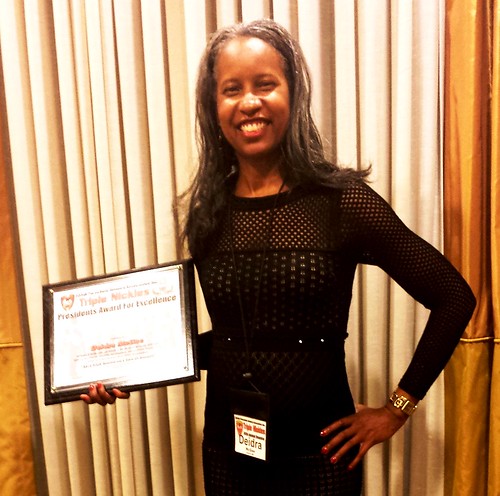
It’s been a busy few months for the Triple Nickles, the U.S. Forest Service’s first African-American smoke jumping crew. On Aug. 6 of this year a member of the crew who was the first recorded death of a hot shot wildland firefighter was posthumously honored at his gravesite that was recently found after a long search.
Seventy years ago, Pfc. Malvin L. Brown of the 555th Parachute Infantry Battalion known as the Triple Nickles, died while serving his country. Because of the racism prevalent in the segregated U.S military of the 1940s, Brown wasn't given a burial with the honors he had earned.
Brown’s life changed when in 1944, while WWII was raging in Europe, a small cadre of African-American men was training to become the Army’s first Black paratroopers. Within months, their ranks grew to a battalion. A year later they were sent to Oregon to be trained by the Forest Service as smokejumpers and firefighters—and by the Army as bomb diffusers for the Japanese balloon bombs, sent by the thousands across the Pacific to land along North America’s west coast.
Brown died after falling from a tree during a wildfire after parachuting into the hot zone. His heroic death, though, received little attention at the time. However, this summer, Brown finally received the recognition and the media attention he deserved.
Deidra McGee, an employee of the Forest Service, was able to locate family members who still resided in Pennsylvania where Brown had lived and invited them to attend the service.
The family attended the Aug. 6 ceremony and more recently a second ceremony on September 10 also at the Mt. Calvary Cemetery near Baltimore, Md. The second ceremony took place during the Thirty Sixth Annual Triple Nickles Reunion.
The Triple Nickles broke racial barriers and opened the door for African-Americans who have served the U.S. in every war and conflict. McGee has been an advocate for keeping the history of the Triple Nickles alive for more than two decades.
McGee was recently honored at the Triple Nickles Reunion banquet for her 21 years of promoting, advocating and supporting these valiant men by making the nation aware of their role in history. McGee will become a life member of the Association in the near future, and, as the Triple Nickles Members say, she’ll be “Airborne All the Way!”
